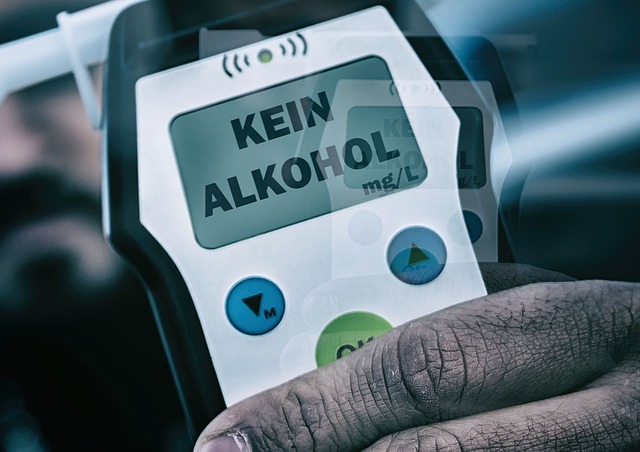Mental health is a crucial component of safe driving among young adults on college campuses. Untreated issues like anxiety, depression, and stress can lead to risky driving behaviors. College Campus DUI prevention initiatives should integrate mental health awareness and support services, empowering students to manage their well-being effectively. By addressing these concerns, programs can foster improved driving habits and significantly reduce accident risks in high-risk campus environments. Key strategies include educational campaigns, peer discussions, workshops, social media initiatives, sobriety checkpoints, alternative transportation options, and integrating mental health education into driver's programs.
Mental health plays a pivotal role in ensuring safe driving, especially among college students. With rising stress levels and increased access to cars, the impact on road safety cannot be overlooked. This article delves into the critical link between mental well-being and driving abilities, focusing specifically on strategies for College Campus DUI Prevention. We explore ways to promote awareness and support for student drivers, aiming to reduce risks and foster a safer environment.
- Understanding the Impact of Mental Health on Driving Safety
- Strategies for College Campus DUI Prevention
- Promoting Awareness and Support for Student Drivers' Mental Well-being
Understanding the Impact of Mental Health on Driving Safety

Mental health plays a significant role in driving safety, and its impact cannot be overlooked, especially on college campuses where young adults are navigating both academic pressures and personal challenges. Issues such as anxiety, depression, and stress can affect a person’s ability to focus, react quickly, and make sound judgments while driving—all critical skills for ensuring road safety. Research has shown that untreated mental health conditions may lead to risky driving behaviors, including speeding, aggressive driving, and impaired judgment, which can have severe consequences, especially in high-risk environments like college campuses.
For instance, students dealing with stress or anxiety might engage in impulsive decision-making, increasing the likelihood of traffic accidents. Similarly, those battling depression may experience slower reaction times, making it harder to prevent collisions. College campus DUI prevention initiatives should, therefore, prioritize mental health awareness and support services to help students manage their well-being effectively. By addressing mental health concerns, these programs can contribute to better driving habits and ultimately reduce the risk of accidents on college campuses.
Strategies for College Campus DUI Prevention

College campuses are unique environments where students’ mental health and safety intertwine, especially regarding driving under the influence (DUI) prevention. With a high proportion of young adults behind the wheel, colleges can implement targeted strategies to mitigate risks. One effective approach is to raise awareness through educational campaigns that highlight the impact of alcohol or substance use on judgment and reaction time. These campaigns can include peer-to-peer discussions, workshops, and social media initiatives to dispel myths and promote responsible decision-making.
Additionally, colleges can partner with local law enforcement to strengthen DUI prevention efforts. This collaboration may involve hosting joint events, such as sobriety checkpoints or awareness walks, to demonstrate the consequences of impaired driving. Offering alternative transportation options, like shuttle services or designated drivers programs, can also reduce the allure of driving under the influence. By combining education, community involvement, and practical alternatives, college campuses can play a pivotal role in preventing College Campus DUI Prevention.
Promoting Awareness and Support for Student Drivers' Mental Well-being

Promoting Awareness and Support for Student Drivers’ Mental Well-being is a vital aspect of College Campus DUI Prevention. With young adults facing increasing academic pressures, social expectations, and personal challenges, their mental health can significantly impact their decision-making abilities behind the wheel. It’s crucial to foster an environment where students feel comfortable discussing their struggles and seeking help without stigma.
Schools and universities play a pivotal role in this initiative by integrating mental health education into driver’s education programs. Workshops, peer support groups, and easy access to campus counseling services can empower student drivers to recognize stress triggers, develop healthy coping mechanisms, and make responsible choices while driving. Such proactive measures contribute to reducing risky behaviors, enhancing road safety, and fostering a culture of care and support on college campuses.
Mental health plays a significant role in driving safety, especially on college campuses where young adults are navigating new responsibilities. By understanding the impact of mental health conditions and implementing strategies for prevention, we can significantly reduce risks associated with College Campus DUI (drunk driving under influence). Promoting awareness about mental well-being ensures that student drivers receive the support they need to make safe choices. Integrating these initiatives into campus life fosters a culture of responsibility and care, ultimately leading to safer roads for all.






